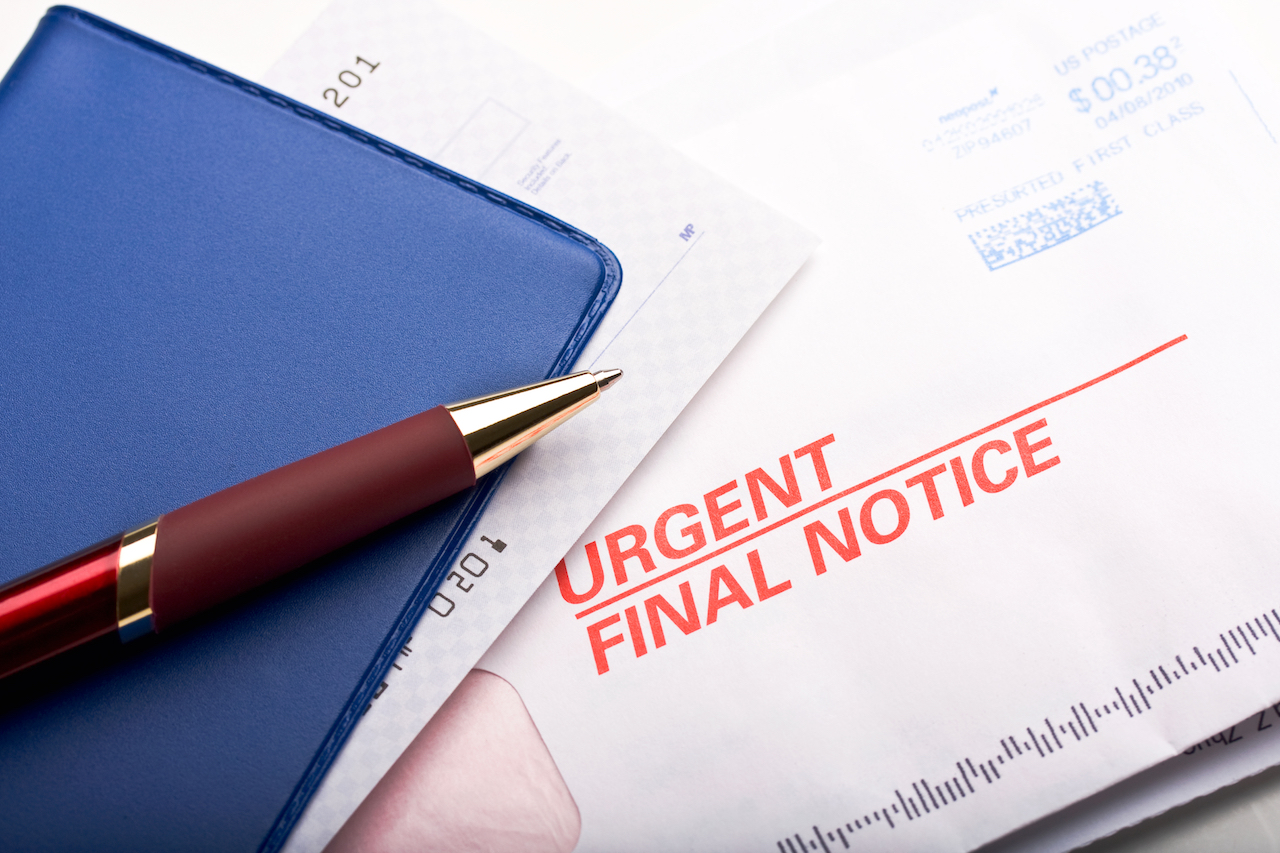It’s something most consumers dread — a debt collector calling to ask about an unpaid credit card debt, past due student loan or medical debt.
Below are 9 tips for dealing with debt collection:
- Educate yourself about your rights. The U.S. Federal Trade Commission (FTC) has several publications designed to educate consumers about their rights under the Fair Debt Collection Practices Act. Harassing and nuisance phone calls, threats and abusive language are illegal and should be reported to the U.S. Consumer Financial Protection Bureau (CFPB) and your state attorney general’s office. Find your state attorney general through the National Association of Attorneys General.
- Take your head out of the sand. Don’t ignore letters or phone calls about debts or court notices about debt lawsuits. The law allows consumers to send written requests for verification of debt within 30 days of being contacted by a debt collector. Don’t ignore the matter if the debt isn’t yours. Debt collectors can place negative information on your credit report that remains there for seven years, which can affect your ability to get a mortgage or other loans, cheaper car insurance rates or even jobs.
- Find a consumer lawyer. If you are served with a notice of a lawsuit, if you can afford to or if they will take the matter on some sort of contingency, find an attorney who specializes in consumer law to represent you in court.
Consumers who lose court judgments may have their wages garnished. Some suits are filed by debt collectors with little proof of the original debt owed. Depending on the state, the statute of limitations may have expired on the debt. That means that the creditor may not be able to sue you.
- Keep copies and records. There is no consensus on how long documents should be kept. Some experts say keep them as long as you would keep tax documents; some believe they should be kept for as long as the statute of limitations for the state where the original purchase was made or your home state, whichever is longer. Still, others say keep documents — especially proof of settlement or resolution of debts — forever. If a question ever arises about the debt, you will have documentation. This could be important if you ever need to prove that you made payment on a debt.
- Safeguard bank accounts. Debt collectors can file suit against consumers for nonpayment of debts. Freezing savings or checking accounts is one of the court-ordered options for collecting debts. This can be extremely problematic for family budgets and cash flow, and experts advise having separate bank accounts for funds such as Social Security or disability checks, which are exempt and cannot be used as a source of court-ordered debt payments. Let collectors know if your bank account contains only exempt funds. Also tell them if you have filed for bankruptcy, which puts debt collection efforts on hold.
- Don’t make it too easy. Some experts say consumers should avoid giving debt collectors their bank account and routing numbers. Make payments with money orders or some other third-party payment service so that you have proof of payment but avoid paying with a personal check. They also advise against allowing collectors to make direct electronic withdrawals from bank accounts. If your creditor knows your bank account, it makes it easier for the creditor to later go directly after those accounts if they obtain a judgment against you.
- Record conversations. If abusive language or threats are used, recording the conversation will document it. Since some states require consent by both parties to record a conversation, you should disclose that you are recording the call ahead of time so that the debt collector is aware and, in essence, consents to the recording. Telling the collector that the call is being recorded might be a good idea even where it is not required, as collectors are less likely to overstep the bounds when they know a tape is rolling.
- Get it in writing. Any agreements for making debt collection payments should be confirmed in writing and signed by a representative of the debt collector before sending in any payments. This avoids misunderstandings about the amounts to be paid or time period to make payments.
- Certify that mail. Letters can be lost in the mail. Most experts advise sending all correspondence with debt collectors via certified mail; some suggest getting a return receipt as proof that your letter was received.





